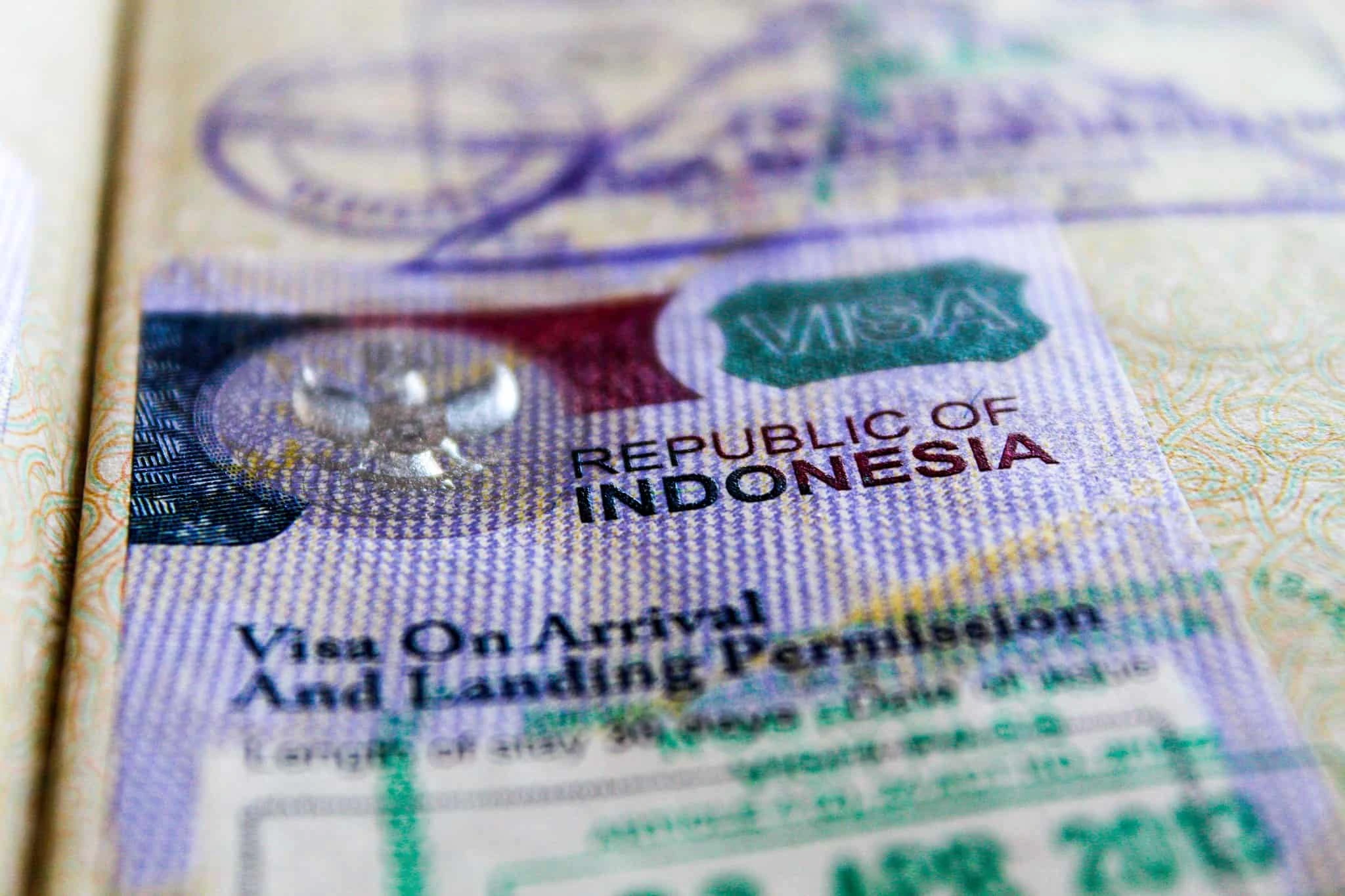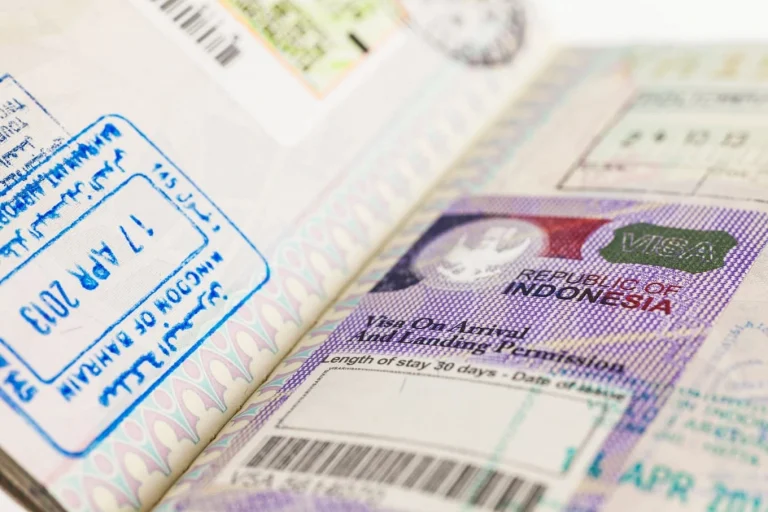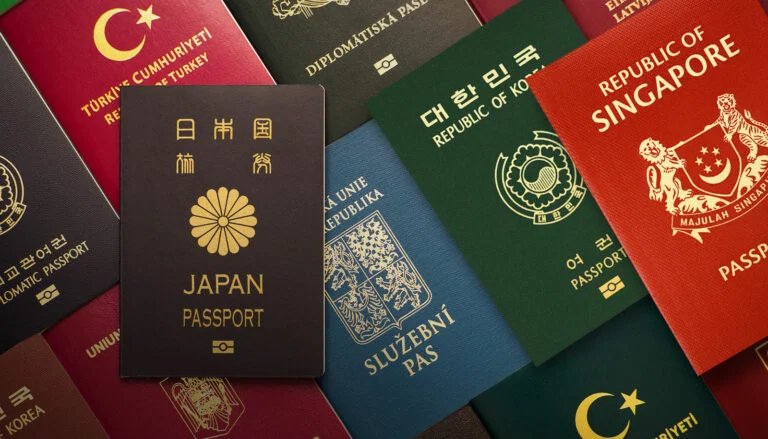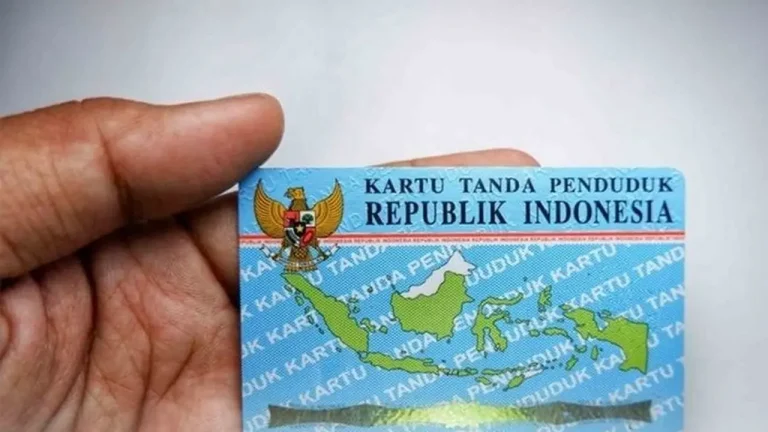What is a KITAS visa? Do you need one?
A KITAS visa, or its cousin the KITAP, is a term that you probably heard often if you’ve been interested in moving to Indonesia.
Here is what a KITAS is, what it allows you to do and whether or not it’s a visa that you should consider.
What is a KITAS visa in Indonesia?
The acronym KITAS stands for Kartu Izin Tinggal Terbatas, which could roughly be translated as a limited stay permit.
A KITAS is a long term visa that makes you become an Indonesian resident, not a simple visitor.
This type of stay permit is therefore the “highest” type of visa a foreigner can obtain since it means you are officially living in Indonesia and not only visiting. For many foreigners, it is the holy grail that would secure a lot of aspects of their daily lives in Bali or anywhere else in Indonesia.
Several types of KITAS exist depending on your profile, with different ways to be obtained and of course different costs.
What is the main difference between a KITAS and other visitor visas?
To understand the difference between a KITAS and a traditional “visitor” visa such as a Visa On Arrival, a B211 or a visa exemption, one could simply compare the differences that exist between a tourist and a resident.
When you are on a “classic” visitor visa (visa exemption, visa on arrival, B211…), you are supposed to be simply…visiting. Visiting is very different from residing in a country:
- When you are simply visiting a country, you are still officially tied (through residence or citizenship) to another country
- A tourist is spending his / her money in the visited country, he doesn’t generate any income
- A visitor doesn’t pay taxes in the visited country, so he is not entitled to social security, public health or public education
- A tourist isn’t allowed to get any official document from the visited country (driving licence, social security card, local ID and so on)
- A resident can enter and leave the country as he pleases, which isn’t the case for most tourists
Of course, the differences between these visas go deeper than this, but in essence, this is what you can expect from owning a KITAS vs not owning one.
In one case you are a foreigner that officially lives in Indonesia, which opens rights and duties, in the other case, you are a tourist without any official ties to the country.
KITAS vs KITAP: what are the differences?
If you’ve been browsing for resident visas in Indonesia, you may have come across another term: KITAP. KITAS and KITAP are sometimes used interchangeably, and they are very similar in many regards.
The main difference between a KITAS and a KITAP is actually their respective duration. A KITAS is a limited stay permit that usually lasts 1 year, although you can also find 6 months KITAS and 2 years KITAS. On the other hand, the P in KITAP means Permanent, even though it is not really permanent since a KITAP is a 5 years limited stay permit.
It shouldn’t come as a surprise, obtaining a KITAP is usually slightly more complicated (and expensive) than obtaining a KITAS.
A KITAP comes however with a few added advantages over the KITAS:
- You have to renew your visa every 5 years instead of every year
- You can ask for a local ID card, called a KTP
- Banks are much more likely to give you a loan than if you “only” have a KITAS
Other than these few differences, a KITAS and a KITAP are essentially the same and both will make you an official resident of Indonesia anyway.
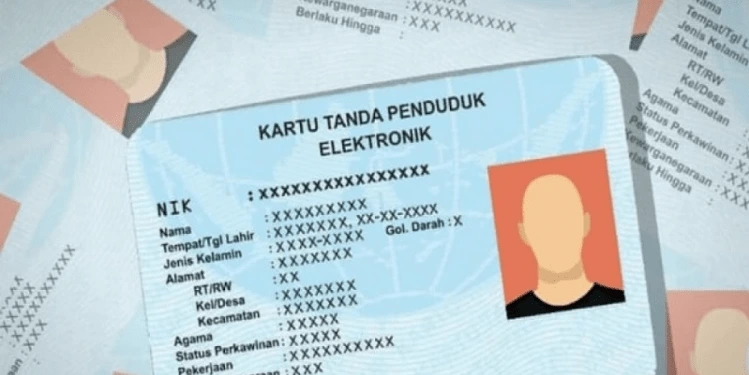
The different types of KITAS visas and how to get them
A KITAS isn’t a one size fits all kind of visa. There are actually many different types of KITAS (and as many of KITAP) to answer different needs and profiles.
Here are the most common types of KITAS.
The working KITAS
As the name suggests, the working KITAS is for foreigners that want to work on Indonesian soil and/or with Indonesian companies.
The working KITAS can only be sponsored by an Indonesian permanent establishment, typically a company, that will have to justify why they are hiring a foreigner for this specific job.
To be legally allowed to work in Indonesia, the KITAS MUST be associated with a working permit, which relies on the ministry of manpower approval instead of the immigration department.
Obtaining a working KITAS is hard. Only qualified jobs and rare skilled workers are eligible and several taxes and limitations apply to favour the employment of local workforce over foreigners. Therefore, the cost (and time to complete the legal requirements) of hiring a foreigner for a company ends up being quite dissuasive.

The investor KITAS
The investor KITAS is a type of resident permit designed to ease the life of foreigners that invest in the local economy.
It can either be valid for 1 year or 2 years, and is tied to an investment. A foreigner investor should own a minimum of 10% of the shares of an Indonesian company in order to be eligible for this visa.
Unless he / she is the director of the company, the foreigner isn’t allowed to work in the company that he is the shareholder of, and any other company for that matter.
The spouse KITAS
The spouse KITAS is the type of resident visa that is only possible to get after being married with an Indonesian citizen.
This visa is slightly different from other types of KITAS as it allows the foreigner to work informally in his / her spouse’s small business in order to provide for the household.
To be hired by any other company other than its wife / husband’s informal business, the foreigner on a spouse KITAS will still require a work permit, meaning the approval of the ministry of manpower.
After 2 years of marriage, the KITAS can be transformed into a KITAP.

The dependant KITAS
The dependant KITAS is somewhat similar to the spouse KITAS, except that it is meant to be applied to different people:
- The husband / wife of a foreigner working in Indonesia with a KITAS / KITAP
- The children of foreigners with KITAS / KITAP
Like with most other visas, a dependent KITAS is only a limited stay permit and doesn’t allow you to work in Indonesia.
The retirement KITAS
As the name suggests, the retirement KITAS is designed for people that are trying to spend their retirement in Indonesia, and reside there officially.
The requirements aren’t always easy to meet: you have to be a citizen of an eligible country and receive a pension that has to be a certain amount.
The 2nd home KITAP
The 2nd home visa is actually a new kind of KITAP designed to wealthy individuals that want to live in Indonesia tax-free without working there.
It is perfect for the successful digital nomad or entrepreneur that wants to spend most of its time in Indonesia while being free of any taxes.
To be eligible, you only need to prove that you have sufficient funds and park them temporarily in an Indonesian bank account. Easy and convenient… if you qualify.
The pros and cons of having a KITAS in Indonesia
A KITAS visa (or a KITAP) is something you should seriously consider, as it does come with more rights than visitor visas, but also more duties.
Main pros of KITAS
A KITAS allows you to do the following things that would otherwise be (usually) impossible:
- Going in and out of Indonesia freely (and using the resident line at the airport!)
- Work with local companies (if you have the working permit)
- Be hired by a local company (if you have the working permit)
- Get a driving licence
- Open a bank account
- Join the social security and public health systems (BPJS)
- Have an Indonesian tax number (called a NPWP)
Main cons of KITAS
However, since owning a KITAS means you are now officially an Indonesian resident, it does come with a few duties that could be seen as cons:
- You will have to declare your income (and likely pay taxes) to the Indonesian tax department
- Getting a KITAS requires more paperwork than other visas (immigration, taxes, ministry of manpower, social security…)
- Some KITAS can be expensive (the working KITAS…) or the requirements can be high (retirement KITAS, 2nd home KITAS…)
- You might lose the residence of your own country once you own a KITAS, as you are now supposed to be officially established in Indonesia

Should you get a KITAS?
There is no clear and definitive answer to the question “should you get a KITAS?”. The simple answer is… it depends.
In some instances, it could be mandatory for you to have a KITAS, in some you should probably stay clear of owning a KITAS, and most situations will lay somewhere in between.
Here is our take on the matter.
Get a KITAS if you are in one of the following situations
Here are the situations where you should always try to get your hands on a KITAS.
A KITAS is mandatory if you intend to work in Indonesia
There is no need to question whether or not you need a KITAS if you plan to work for / with an Indonesian company. The answer is yes, it’s absolutely mandatory, and you’ll need a work permit on top of it.
Failing to do so exposes you to serious fines, deportation and in extreme cases jail time.
You should get a KITAS if you plan on officially live in Indonesia
If you are not working in Indonesia, the next question you should ask yourself is “Do I want to live (officially) in Indonesia?” If the answer is yes, then by all means you should get a KITAS.
A KITAS will make your daily life in Indonesia much easier: getting legal documents easily, going in and out of the country without having to start over a new visa, opening local bank accounts and many more…
People usually neglect how a KITAS could also clarify your situation with your country of origin.
Indeed, for most countries, as long as you are not officially a resident of another country, you are still a resident of your country of citizenship.
In short, as long as you are not an official resident of Indonesia, you will still be liable for taxes in your country, will still have to meet any legal requirements that residents have to and your administration will still treat you as if you were nearby, which can be inconvenient to say the least.

Think twice before getting a KITAS if you are in the following situations
There are some situations where getting a KITAS might not be the best idea, or should be carefully considered. Here are some of them.
If you only spend a few weeks or months of holidays in Indonesia, you don’t need a KITAS
If you only spend a few months a year in Indonesia as a tourist, getting a KITAS is probably not for you.
The required paperwork for KITAS is heavier than most visitor visas, and you won’t have much to gain being a resident as you likely won’t use Indonesian public services, won’t need Indonesian legal documents and wouldn’t need to clarify any situation with your country.
If you don’t want to be an official resident in Indonesia, a KITAS isn’t for you
As we previously mentioned, being an official resident of Indonesia comes with a few more rights than visitors, but also some duties.
If you don’t work in Indonesia, do not want to pay taxes here and simply plan on living in Indonesia as a long term tourist without any of the burden of the residents, then it’s possible.
Of course, it is more dangerous living in Bali or Indonesia that way than when you have a KITAS: nothing officially ties you with Indonesia.
During the first covid wave, many foreigners that were living in Bali (sometimes for years) on a visitor visa learnt the hard way the main difference between a tourist and a resident when the immigration kindly asked them to go home and refuse to renew their visa. Meanwhile, all KITAS holders were still allowed to come in and out of Indonesia, since they were officially living here.
NOT owning a KITAS can help you remain a resident of your country
In some cases, being a resident of another country automatically strips you from some benefits of your own country that are only offered to residents. This varies from country to country, so you will have to assess your own situation depending on what you currently benefit from and what are your future plans.
Owning a KITAS, meaning being an Indonesian resident, could potentially make you lose a few of the following in your country:
- Being eligible for public healthcare
- Receiving government allowance
- Having your children joining public schools
- …
So, being a resident in Indonesia can sometimes be a double edged sword and if you have a lot of benefits being a resident of your country.
Conclusion
KITAS and KITAP can be wonderful tools to help you live officially in Indonesia and secure your legal situation. In some cases, it can also help you clarify your case with your country of citizenship and avoid double troubles.
However, most KITAS and KITAP do come with heavier paperwork and higher costs than most visitor visas. Some foreigners may also be at a disadvantage while taking a residence in another country and lose some rights that their country was providing and that are not necessarily offered by Indonesia.
That being said, most foreigners staying in Bali on the long term have a strong interest in legalising their situation by getting their hands on a KITAS.

